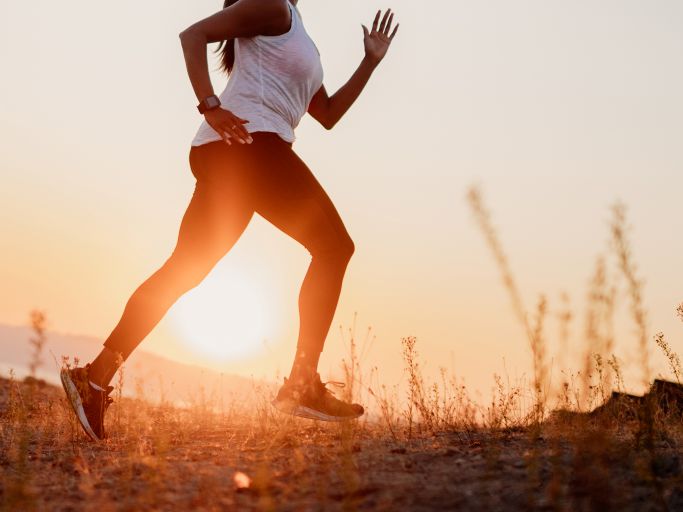Tips for exercising in the summer heat

Mrinali Dwivedi
As temperatures soar to record highs each year, it is crucial to take extra precautions while exercising to prevent heat-related health issues. Whether training for police or military recruitment, hitting the gym, or striving for weight loss, failing to follow proper guidelines can have dangerous consequences. Many young individuals rigorously train in extreme heat for police and military recruitment. However, inadequate hydration and improper exercise routines can lead to severe health risks, including heatstroke and dehydration. Dehydration and electrolyte imbalances in summer can lead to dizziness, fainting, and sudden drops in blood pressure. Overexertion in gyms, particularly heavy weightlifting beyond one’s capacity, can increase the risk of heart-related issues.
With fitness trends on the rise, gyms remain crowded throughout the year. Many individuals continue intense cardio and weight training even in extreme summer heat. Without the right approach, this dedication can turn hazardous. Uncontrolled consumption of protein powders and supplements can put immense strain on the liver and kidneys. Rapid weight loss goals often drive people to over-exercise, putting unnecessary strain on muscles and increasing the risk of injuries. Overexertion can lead to muscle damage and even long-term health concerns.
Staying cool while exercising in summer is crucial. Avoid overtraining and ensure the body gets enough rest. Proper nutrition before and after workouts is essential. Prioritise natural protein sources and stay hydrated. Never ignore warning signs such as chest pain, dizziness, breathlessness, or a rapid heart rate during exercise. Continuing to work out despite these symptoms can be extremely dangerous.
Key Tips for Safe Summer Workouts
- Start exercising early in the morning to avoid peak heat.
- Stay well-hydrated throughout the day.
- Wear lightweight and breathable clothing.
- Avoid intense workouts between 12 PM and 4 PM.
Pre-Workout Nutrition for Safe Training
- Opt for bananas, dry fruits, oats, or protein-rich food.
- Maintain adequate hydration with water and electrolytes.
- Avoid exercising on an empty stomach.
Mrinali Dwivedi, Consultant Nutritionist and Clinical Dietitian at Apex Group of Hospitals, Mumbai

